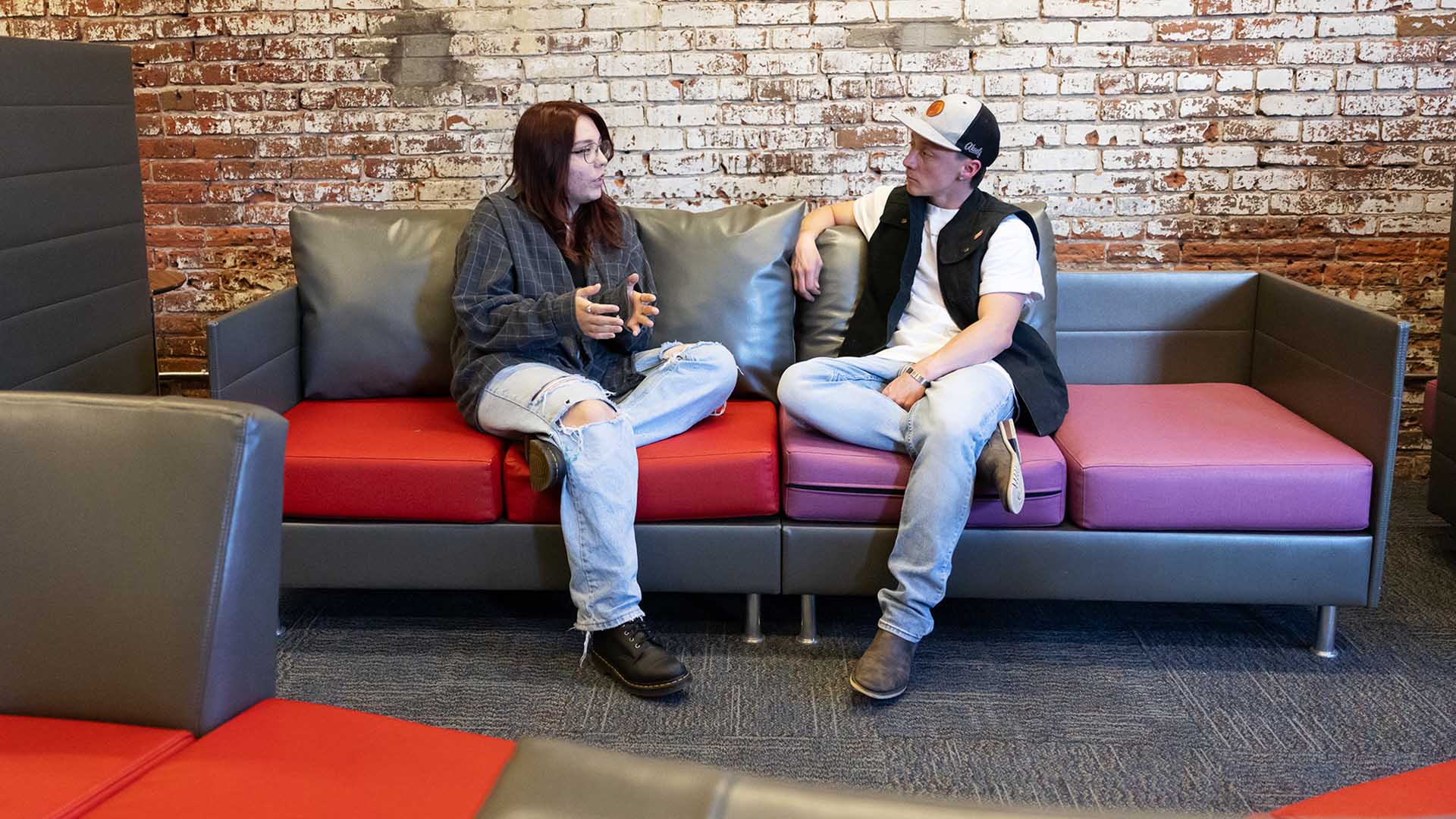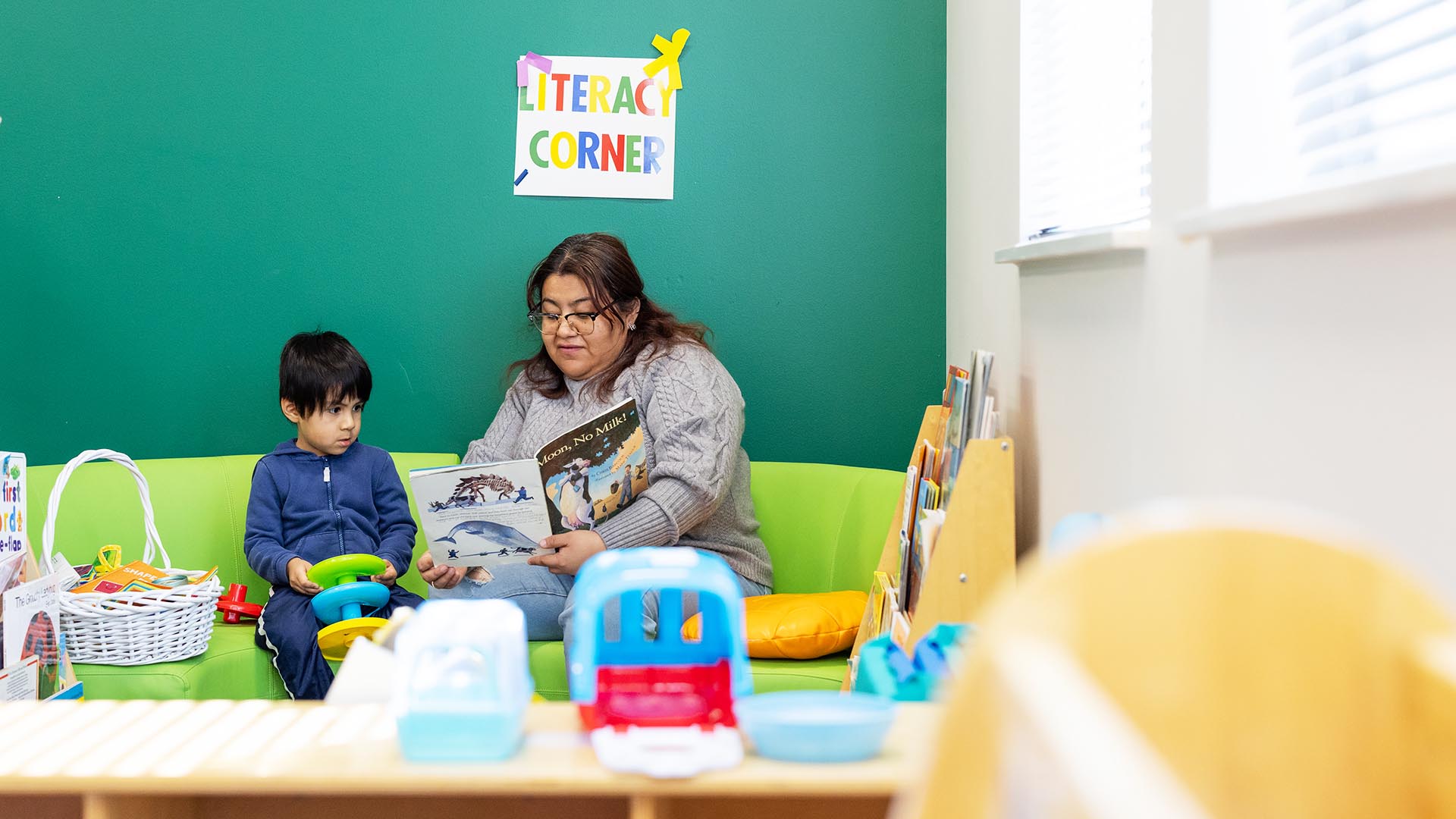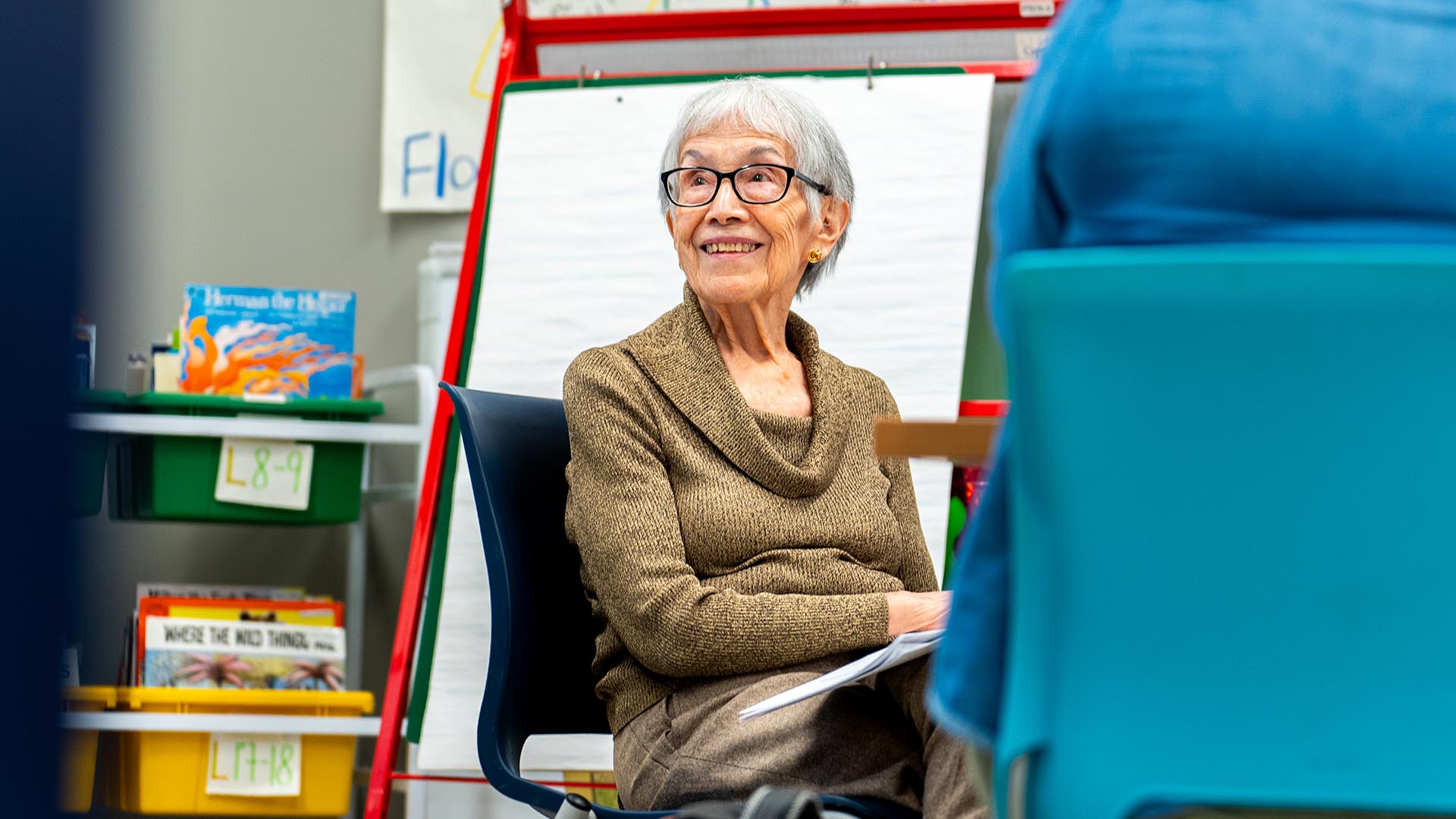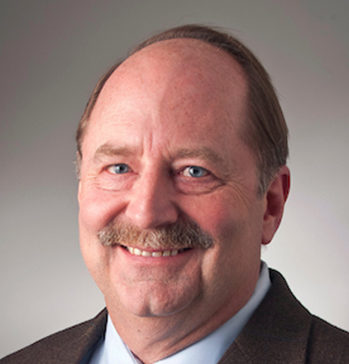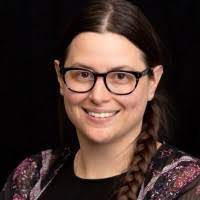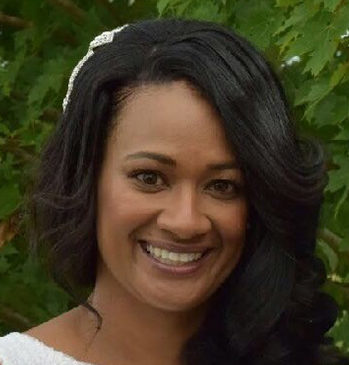Changing careers to change lives
The Great Resignation has prompted many Americans to leave longtime jobs in search of more meaningful work in mental health counseling.
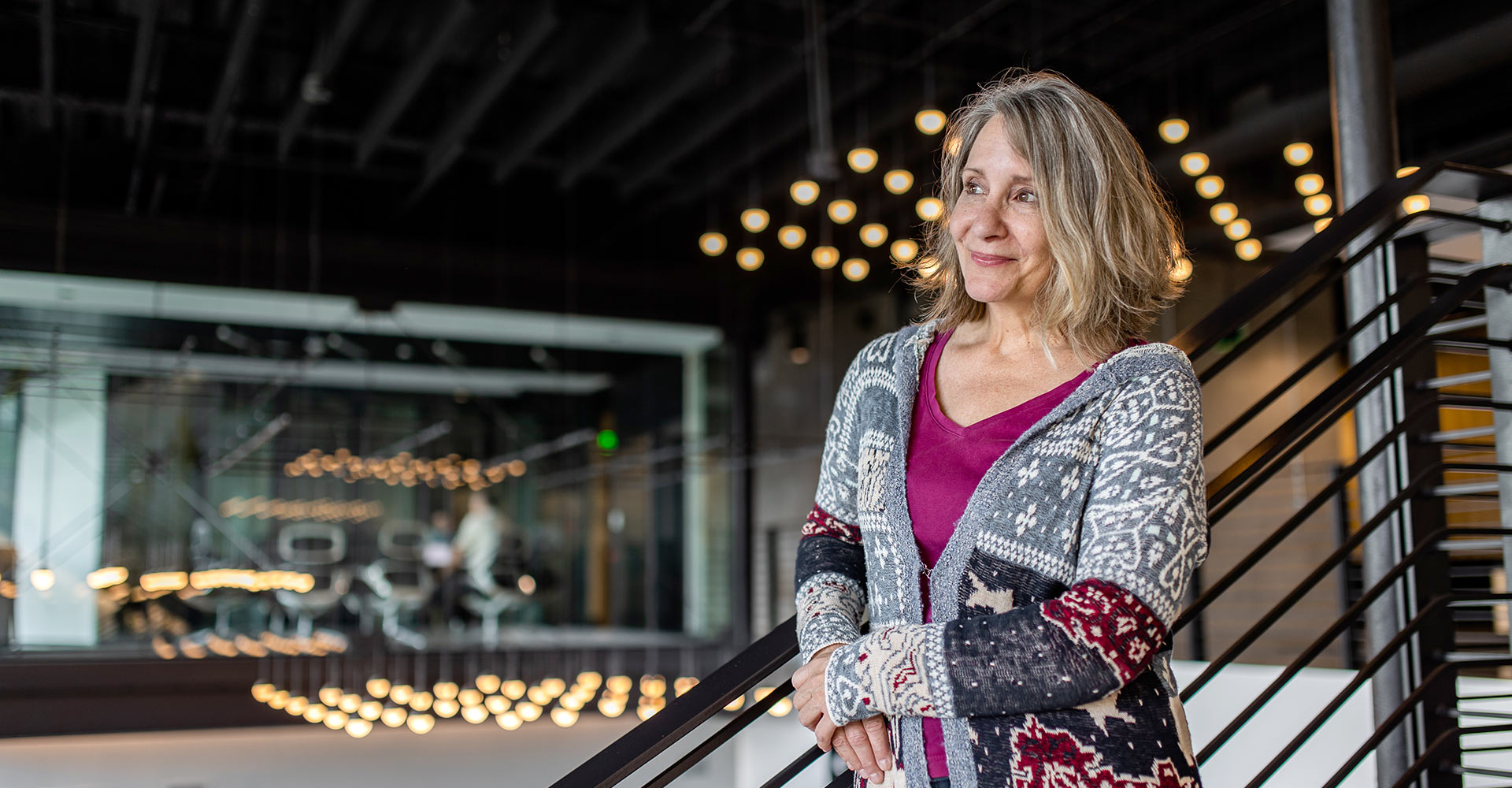
During the height of the Covid-19 pandemic, Ree Varcoe did some soul-searching about her career.
She’d spent most of her life working in marketing and communications – a field that, she said, “hasn’t filled my joy basket.” So at the start of 2021, the 56-year-old began taking steps to become a mental health counselor.
“During the pandemic, I often thought about people’s suffering, particularly those living in abusive relationships but who were also homebound,” she said. “I’ve also seen the endless news reports on declines in mental health, and that also contributed to my desire to change course in life.”
In her search for counseling education, Varcoe discovered Metropolitan State University of Denver’s new master’s degree program in Clinical Behavioral Health with an emphasis in addiction counseling. This fall, she joined 31 other students in the program, half of whom say they also are pursuing more fulfilling careers.
Recent surveys have shown that for many, the pandemic has been a time for reflection and, in many cases, a time to consider reinventing their careers. One year after the pandemic hit, people began leaving their jobs in droves – a trend that’s become known as the “Great Resignation” or the “Big Quit.” The U.S. Department of Labor reports that a record 4 million people quit their jobs in April; then in July, another 4 million followed suit.
That trend may continue. An August survey from financial services company Bankrate found that 55% of people in the workforce said they’re likely to look for another job in the next 12 months.
“The Great Resignation is definitely real,” said Annie Butler, Ph.D., chair and professor in the Department of Human Services and Counseling at MSU Denver. “The pandemic absolutely has caused many people to reevaluate their careers, and perhaps change careers, in order to find more meaningful work.”

Butler is researching the Great Resignation and said that to find meaningful work, many people are turning to helping professions such as mental health services.
While prospective students are often motivated to study addiction because it has directly affected their lives, Butler noted that the loss of jobs during the pandemic has also created opportunities to consider changing careers.
Counseling student Chad Keller knows both circumstances well.
“I was laid off and saw my own addiction quickly overwhelm my life,” said Keller, who has worked in database programming for over 20 years. “I entered rehab, which helped me sort out my priorities and sent the value of helping others in a much more personal way to the top of the list of things I wanted to focus on.”
While Keller felt his prior work was meaningful, he said it was more abstract and distant in its impact. Getting his master’s degree will allow him to work directly with people in need of help, which is what he said is important to him at this point in his life.
“I hope I can take some of my past experience and combine it with everything I’m learning so I can help people navigate their way to their own purposeful, intentional lives,” he said.
Keller, Varcoe and their classmates will enter the field at a time of great need. A 2018 National Survey on Drug Use and Health found that approximately 20.3 million people in the U.S. ages 12 and older had a substance-use disorder involving alcohol or illicit drugs in the past year.
Employment of mental health professionals, including substance abuse counselors, is projected to grow by 25% between now and 2029, according to the U.S. Bureau of Labor Statistics.
Butler said the pandemic has made the demand for well-trained professionals even more urgent.
“There is always a need for mental health and addictions support,” she said, “but right now especially people are feeling isolated, hopeless and scared.”
Butler added that the new master’s program at MSU Denver is designed to meet the needs of the moment. It offers students a pathway to dual licensure in mental health counseling and in addictions counseling. In the past, those fields were taught separately, but now students can enter the profession well-equipped to handle a variety of addictions, traumas, emotional struggles and other challenges.
Varcoe certainly believes she’s getting the tools to thrive in her new profession, and she’s enjoying the journey, too.
“I feel in the short time I’ve been back in school that I’m learning so much,” she said. “I hope to have one of my internships at the Veterans Affairs Hospital, as my dad was a veteran.”
Butler said people often find more than just a job in mental health counseling; they find a calling.
“Helping others is an honor,” she said. “And at the end of the day, knowing you may have made a positive impact in the life of someone who is struggling – that is very satisfying.”


